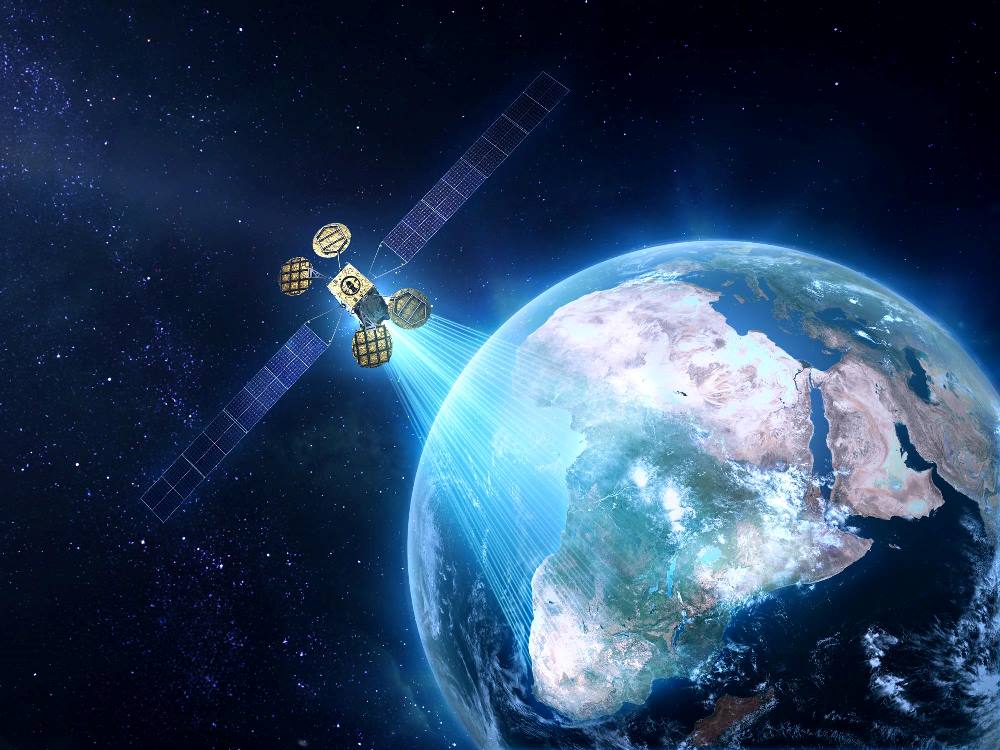Facebook is teaming up with French satellite provider Eutelsat to launch an Israeli satellite, AMOS-6, that will beam free Internet to most of sub-Saharan Africa.
AMOS-6 is currently being built by the Israel Aerospace Industries for Israeli satellites operator Spacecom, and according to Facebook CEO Mark Zuckerberg, will be launched into orbit by 2016.
This project was launched by Facebook’s Internet.org, a non-profit initiative that brings together technology leaders, nonprofits and local communities to provide Internet access to the most remote regions of the world. Currently, only 17 percent of the population in sub-Saharan Africa has access to the internet, according to the 2015 Global Internet Report issued by the Internet Society.
SEE ALSO: ‘Gilat’ To Deploy Broadband Satellite Network In Kazakhstan
According to reports in the media, Facebook is expected to pay Israel’s Spacecom about $100 million for the use of its satellite in the years 2016-2032. The total cost of the project is estimated at $300 million, with an additional $330 million in insurance coverage costs.
SEE ALSO: Israeli Trio Tries To Land Small Spaceship On the Moon
Founded over 20 years ago in Israel, Spacecom operates an AMOS satellite fleet, currently consisting of four satellites and more to come in the next two years. Traded on the Tel Aviv Stock Exchange, the company’s market cap is currently at $253.3 million, with its share price continuing to soar today.
Sign up for our free weekly newsletter
Subscribe“I’m excited to announce our first project to deliver internet from space,” Facebook CEO Mark Zuckerberg said in a post yesterday. “As part of our collaboration with Eutelsat, a new satellite called AMOS-6 is going to provide internet coverage to large parts of Sub-Saharan Africa.”
Over the past year, Facebook has been exploring ways to use aircraft and satellites to beam Internet access down into communities from the sky. In order to connect people living in remote regions, traditional connectivity infrastructure is often difficult and inefficient, so the effort calls for new technologies.
AMOS-6, which is under construction now, “will launch in 2016 into a geostationary orbit that will cover large parts of West, East and Southern Africa,” according to Zuckerberg. Facebook plans to work with local partners across these regions to help communities access the Internet.
“This is just one of the innovations we’re working on to achieve our mission with Internet.org,” according to Facebook. “Connectivity changes lives and communities. We’re going to keep working to connect the entire world — even if that means looking beyond our planet.”
Photos: Mark Zuckerberg/Facebook, Brian Solis
Related posts

Editors’ & Readers’ Choice: 10 Favorite NoCamels Articles

Forward Facing: What Does The Future Hold For Israeli High-Tech?

Impact Innovation: Israeli Startups That Could Shape Our Future






Facebook comments